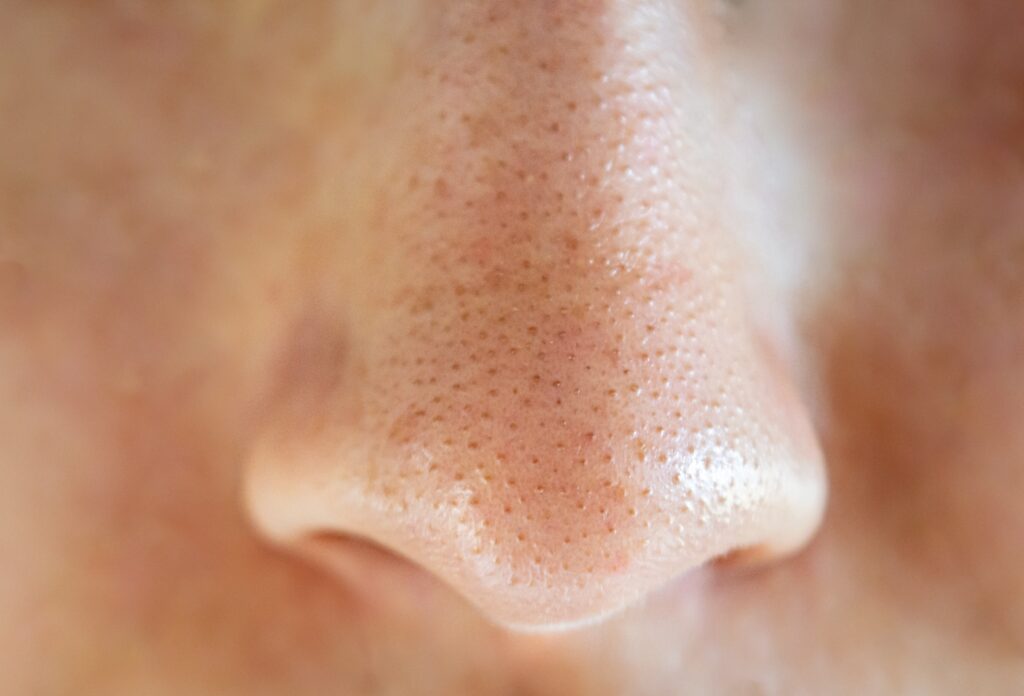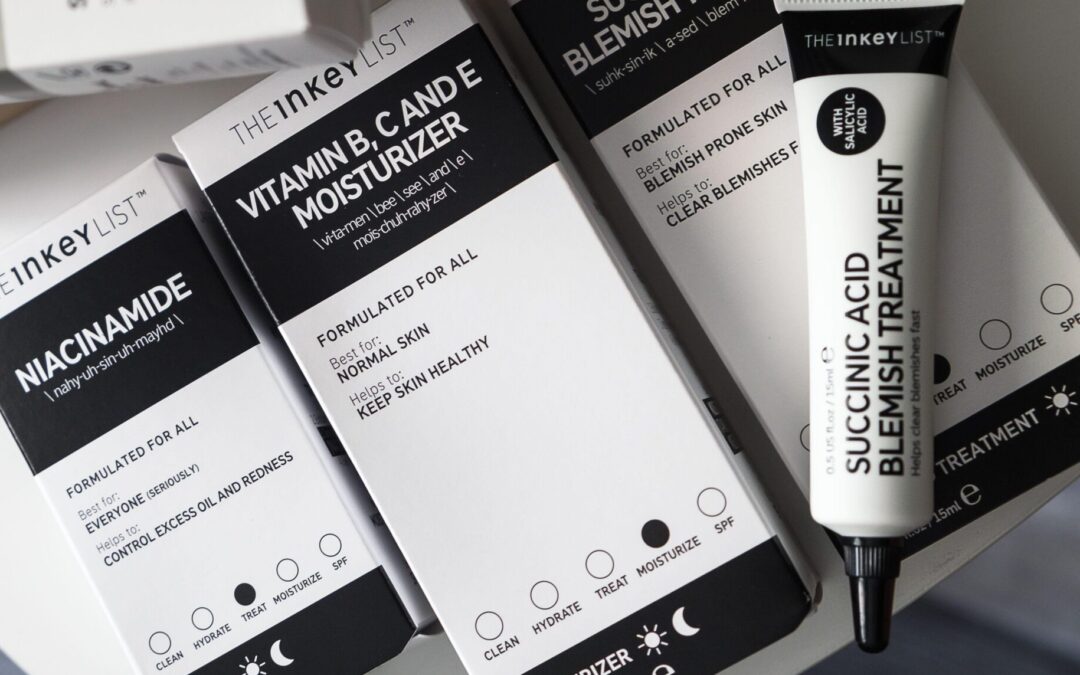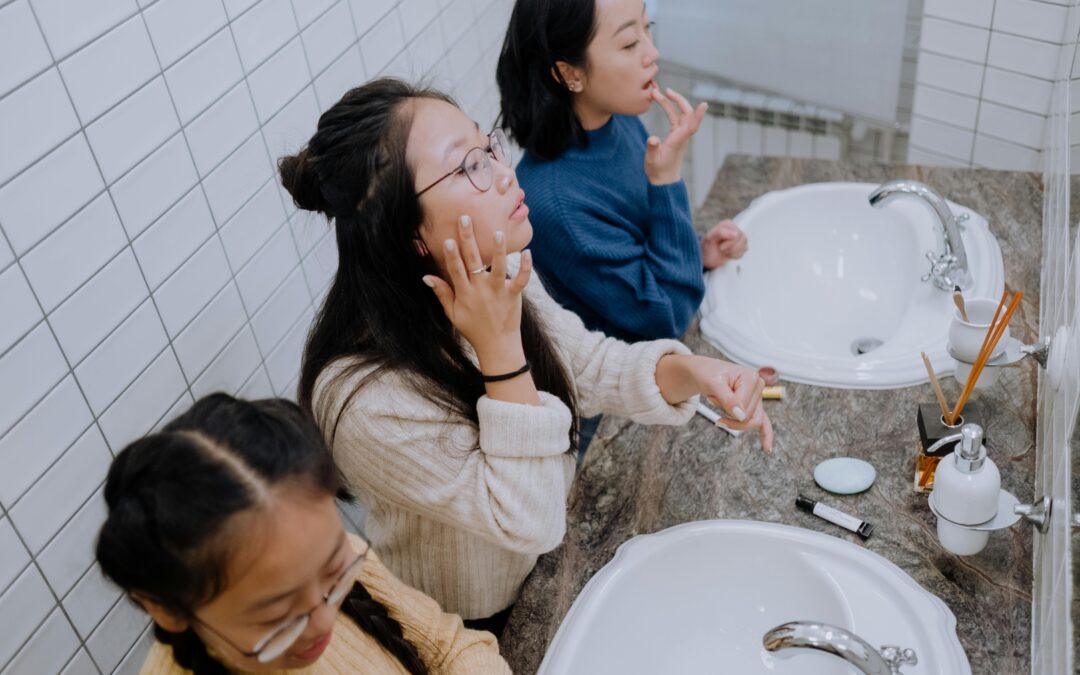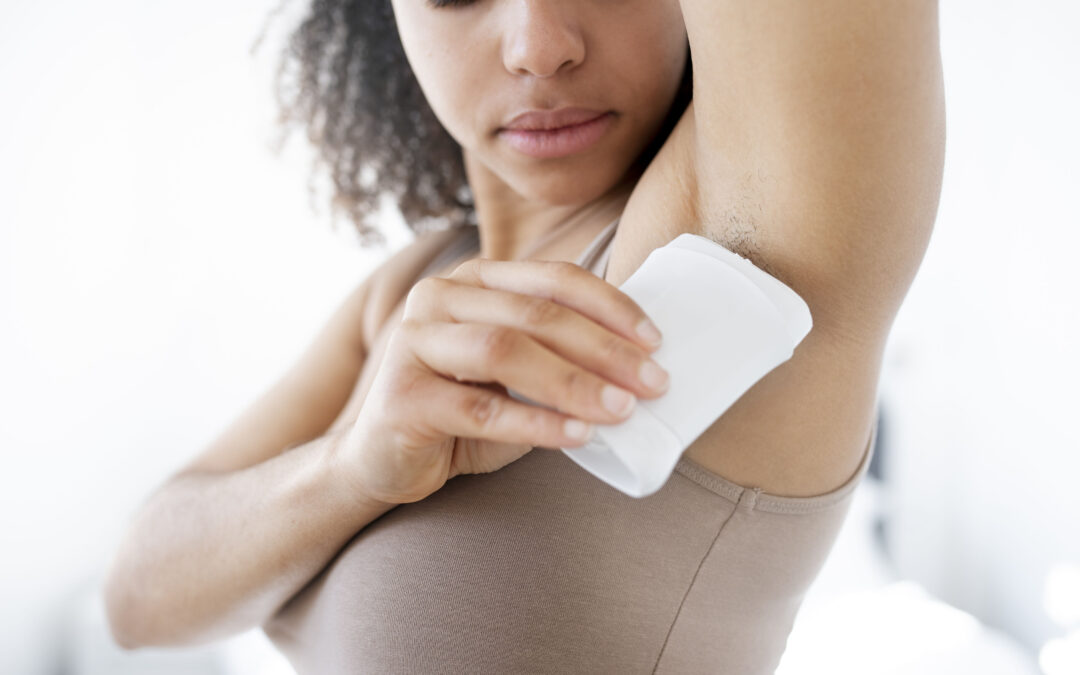“I have small black spots all over my pores, could anyone explain what these things are?”
“What should I do with these blackheads on my nose?”
“Can I as a teen (16 year old male) get rid of blackheads on my nose or is overproduction of oil just gonna bring them back?”
“I‘ve had these pores, blackheads and redness on my forehead since my teens and nothing seems to work on them..”
These confusions and complaints are circulating on social media platforms. Blackheads and visible pores have become the first hurdle for many young people as they step into the world of skincare. Some researchers point out that blackheads affect nearly everyone during their lives. They’re most common among adolescents, but up to 10% to 20% of adults have blackheads too. However, the more they try to solve the problem, the more likely they are to fall into anxiety, especially when social media platforms turn “perfect poreless skin” into a standard that must be achieved. Many people start to wonder: is it that my face was never meant to be seen up close? Surrounded by such voices, the shame of pores has quietly grown in many people’s daily lives.

“I just can’t help thinking about it”
Chloe, 15, a teen girl in Leicester, has not been particularly concerned about skincare. She usually just washes her face, and applies some moisturiser, but something had changed recently. She said that she always can’t help putting her face especially close to the mirror. “I found a lot of dots on my nose ah, it looks just…it just looks kind of dirty, you know?”, she said.
She added in a low voice that it was because once she accidentally glimpsed the nose of a boy in her class, which was densely covered with black dots, and felt a little bit disgusting (she also immediately said: “It’s not malicious.”). After that, she started to pay attention to her own nose, and the more she looked at it, the more anxious she became. Chloe told me that she always wondered if people noticed her blackheads too, especially when she talked to them face-to-face. In fact, her skin is actually quite clean, with only a few small blackheads on her nose, which is quite normal. However, she had already fallen into a state of “being scrutinised through a magnifying glass”.
After she finished talking, she unconsciously covered her nose with her hand. It seemed that she wanted to hide something, but I could tell that she really cared.
Read more: Acne Scars – What you need to know
“I searched for like thousands of methods online, but each of them has a different voice. Some say it’s super useful, and others comment that it will ruin your skin.” She said with confusion. “There’s so many suggestions,and I’m overwhelmed. I still have no idea about which one is true and which one is right for me.”
It seems that frustration is written all over her face. Chloe explained: “I have tried blackhead strips, salt face wash, hot towels on the nose, and even almost bought a whole set of “blackhead vacuum”. Some methods work, but they come back in a few days!” I knew that she wasn’t concerned about the blackheads themselves, but rather about what others thought of her.
I wanted to comfort her that it wasn’t really that serious at all, but I held back. I knew that this uneasy feeling couldn’t be soothed with a ‘it’s okay’. What’s more, it’s not like I’ve never been in this situation before.
“Learn how to be comfortable with them”
I took Chloe to meet Keeley Hadley, the founder of Skin Renew HQ, and briefly explained her recent concerns and anxieties about her skin. She immediately invited us to sit beside her and gently explained while holding a model to demonstrate the structure of the skin: “Blackheads, in fact, are the product of oil secreted by the sebaceous glands, aged keratin and air oxidation. It’s not “dirty” or “unwashed”, it’s just a trace left behind by your skin working hard.”
I could feel my sister slightly baffled – like it was the first time she’d heard someone who didn’t think of blackheads as ‘the enemy.’
Keeley went on to say that it’s normal for sebaceous glands to be active during the teenage years, especially in the T-zone areas like the nose, forehead and chin, which are more prone to clogged pores. The most important thing to avoid at this time is ‘anxious skincare’ – excessive cleansing, frequent exfoliation, blindly stacking efficacy products. “It’s not that you’re not cleansing enough, it’s that you’re cleansing too hard.”
She offers some skincare tips that can be done at home:
Choose a gentle, non-foaming cleanser and don’t over-strip
Use a salicylic acid serum 1-2 times a week to gently metabolise old keratin
Avoid strong peel-off blackhead patches, which tend to damage the cuticle
Focus on moisturising: ‘Dryness causes the sebum to secrete more oil for protection’
“Most importantly,”She added, “pores can’t be ‘permanently minimised’, but in a healthy state, they’re not a source of anxiety.”
Then she explained, “Just like hair gets oily, nails grow. We’re not trying to eliminate pores, we’re learning to be comfortable with them.”
It suddenly makes me feel it’s not skincare tips we’re looking for, but a way to make peace with our bodies.
At that moment, I realised that we have been taught to ‘defeat’ blackheads and “hide” pores, but we are rarely told that these ‘imperfections’ in our skin are never something we deserve to be liked or loved. These so-called imperfections in our skin have never been a reason to feel unworthy of love or respect. Just as puberty causes the skin to fluctuate, like every unstable phase of growth, these small changes are signals from our bodies. It’s not bad, it’s natural.
So the next time you get close to the mirror and want to stare at that little black spot, maybe pause for a moment, take a deep breath, and tell yourself: It’s okay to have a ‘strawberry nose’ once in a while, and then turn around and head out the door to get on with our more important lives.
Read more: Pores: Can they be minimised?



